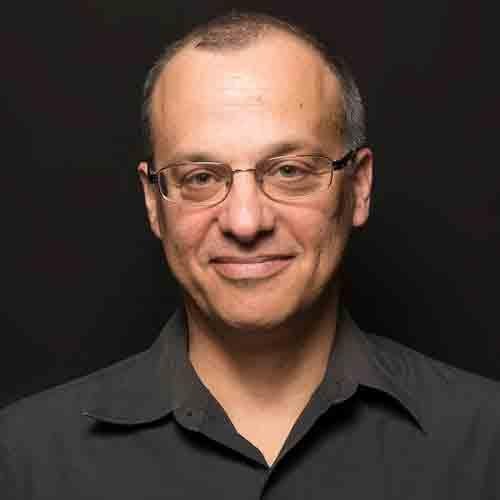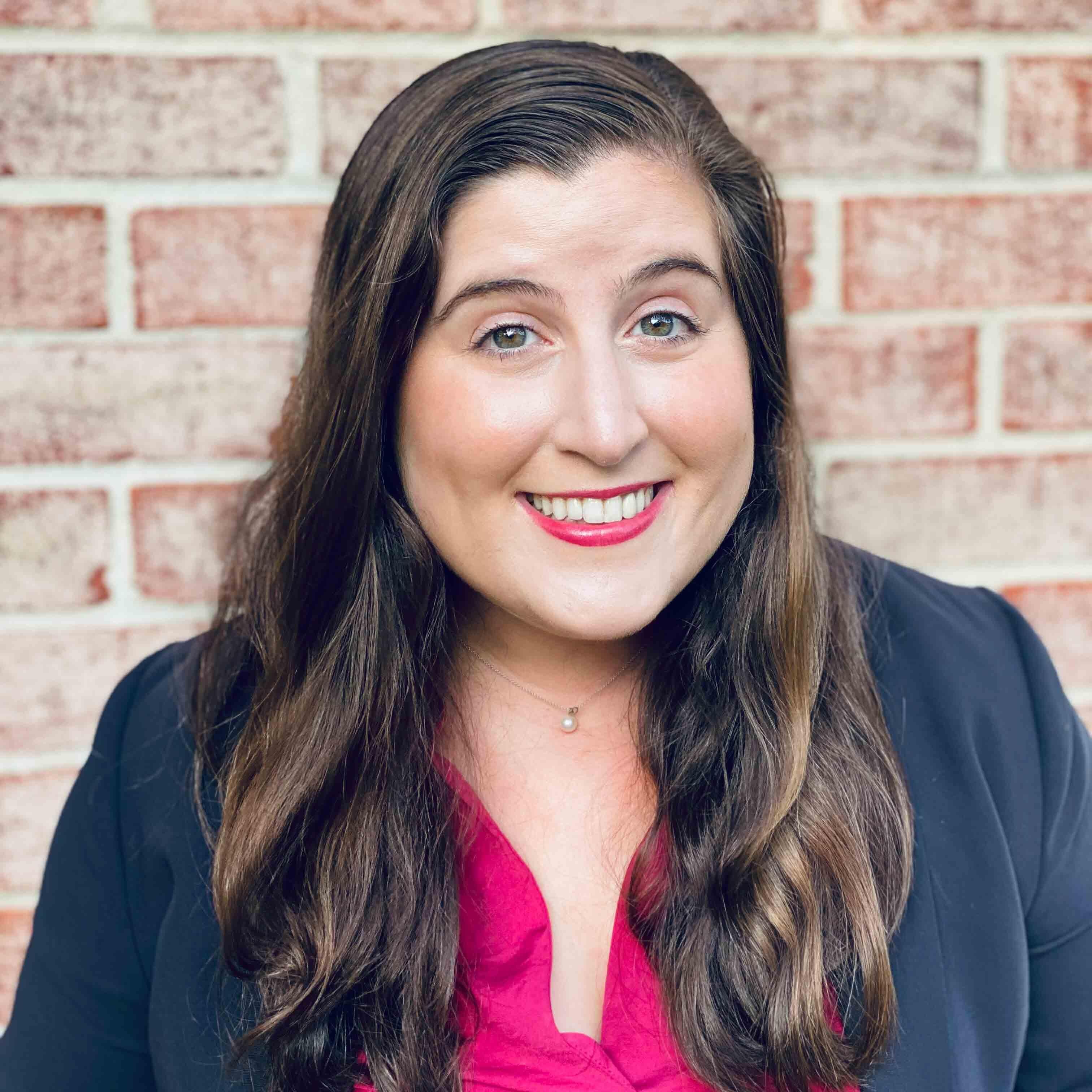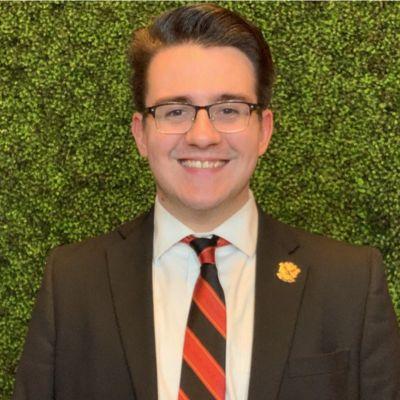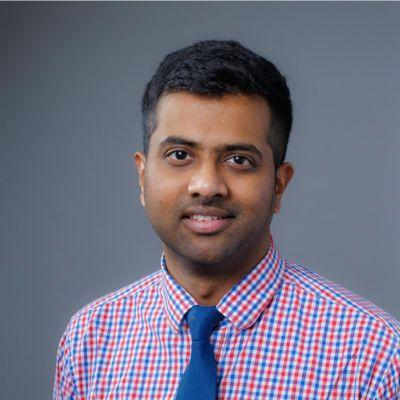Justice and Legal Thought
Analyzing the role of law to advance social justice
Introduction
Law is almost always talked about in relation to justice. Countless examples throughout history show, however, that law not only can be a catalyst for social change—but sometimes an obstacle to it as well.
Justice and Legal Thought (JLT) is an anti-racist program that examines social justice in its relationship to law. It analyzes the connections between law and social justice, challenging students to ask: “What is the right thing to do?” Along the way, students study how people collectively seek to do the right thing through social action.
Using critical thinking, legal analysis and persuasive communication, students:
- Explore the interactions between social movements and law and policy;
- Consider the means by which we can create a more socially just and robustly democratic society; and
- Critically reflect upon law and social justice in practice.
Students, who are taught by faculty in the government, philosophy and history departments as well as law faculty from University of Maryland (UMD) Carey School of Law, will gain research experience and develop important skills in argumentation and problem solving.
JLT welcomes students of all majors who believe strongly in the possibilities of creating change.
Colloquium and Lecture Topics
- What is law? What is social justice?
- To what extent does law advance or impede justice?
- How do substantive law, procedural law, constitutional law and international law interact to promote or compromise social justice?
- What can students do to advance social justice?
My JLT courses on philosophy, social justice and theory taught me the historical and modern context of the criminal justice system. My education from my majors would not have been nearly as colorful and complex if I had not taken JLT courses in complement.
Other Learning Opportunities
UMD's location near Annapolis, Baltimore and Washington, DC, provides unique opportunities for students to investigate justice as it pertains to real-world situations. Students have the opportunity to:
- Take field trips to court rooms, law schools, Smithsonian institutions and the Kennedy Center;
- Participate in dialogue and restorative justice trainings with on- and off-campus partners;
- Volunteer with local and international nonprofits to assist local refugee families; and
- Enjoy access to special events and lectures and networking opportunities with law school faculty through JLT’s close relationship with the MLaw Programs, UMD’s undergraduate law programming.
Students further engage in service-learning experiences and law-related internships of their choice for the practicum requirement. Past JLT students have interned for:
- Members of Congress and the Maryland General Assembly;
- The Office of the Public Defender;
- The Pretrial Services Agency of the District of Columbia;
- The Maryland Coalition Against Sexual Assault;
- The American Civil Liberties Union; and
- Homes Not Borders.
Curriculum Overview
Over the two-year program experience (four semesters), students will complete a 3-credit supporting course that will count toward their JLT Scholars citation. In most cases, this will also fulfill General Education requirements. Note that your Scholars courses—colloquium, practicum and supporting course—will generally be in addition to any courses you take to satisfy major requirements.
The following table represents a typical two-year curriculum, but individual schedules may vary. Details about courses and requirements can be found on the JLT Citation Checklist.
| SEMESTER | COURSES | CREDITS |
|---|---|---|
| Freshman Fall | Scholars Colloquium | 1 credit |
| Justice and the Law | 3 credits | |
| Academic Writing | 3 credits | |
| 2–3 courses toward degree and major requirements (including possible supporting course) | 6–9 credits | |
| Freshman Spring | Scholars Colloquium | 1 credit |
| Law in a Just Society | 3 credits | |
| 3–4 courses toward degree and major requirements (including possible supporting course) | 9–12 credits | |
| Sophomore Fall | Scholars Colloquium | 1 credit |
| 4–5 courses toward degree and major requirements (including possible supporting course) | 12–15 credits | |
| Sophomore Spring | Scholars Practicum | 2–3 credits |
| 4–5 courses toward degree and major requirements (including possible supporting course if not already completed) | 12–15 credits |
Sponsoring College
Residence Hall
Cumberland Hall
Office Address
1121 Cumberland Hall
Office Phone
Faculty


Justine DeCamillis


Social Media Etc.
College of Behavioral and Social Sciences: International Studies and Justice & Legal Thought Scholars Support Recently Resettled Refugee Families, September 2022
The Diamondback: First-ever Refugee Day creates community for refugees, May 2022
Justice and Legal Thought News
10 Scholars Alums to Serve as Spring Commencement Senior Marshals
A significant number of Scholars alumni will be serving as Senior Marshals at the University of Maryland commencement this Friday, May 21, 2021. Senior Marshals are graduating seniors who display the highest levels of scholarship, service, extracurricular activity and personal growth.
Despite Being Virtual, Scholars Showcases Promote Personal Interaction
For most University of Maryland (UMD) students, the end of the spring semester heralds the start of finals. But for sophomores in College Park Scholars, for the past 24 years, this time of year has signified Academic Showcase. The event, one of the largest exhibitions of undergraduate student learning on campus each year, typically involves more than 600 Scholars sophomores presenting on their capstone projects to fellow students, faculty, parents and other members of the UMD community.
Scholars Recognizes 2019 Citation, Founders Circle Award Winners
In 2017, College Park Scholars welcomed more than 800 freshmen to what would become its 24th citation class, the Scholars Class of 2019. All who successfully completed the requirements of their Scholars program received their official Scholars citation. But there were some that went above and beyond the expectations, leaving a lasting impact on the community. On Oct. 18, 2019, Scholars honored these extraordinary students at its annual Citation Awards. Those recognized included 24 juniors—two from each program—chosen by their program directors for outstanding achievement and 24 for outstanding citizenship.
Scholars Alums Honored at 2018 Citation Awards
More than a thousand College Park Scholars arrived on campus in fall 2016, the largest freshman class in Scholars history. This citation class went on to make an impact across the community, including raising a record-setting $19,315 for charities in the Scholars Cup competition. On Friday, Sept. 24, College Park Scholars celebrated this class with our annual Citation Awards Ceremony. The Scholars Citation Awards celebrates those select citation earners who have enriched the life of our community by putting Scholars values into action. Four students from each of the 12 programs were recognized with Outstanding Achievement and Outstanding Citizenship Awards (two for each category for each program).
What Scholars Did on Their Summer Break
It’s a perennial back-to-school query from teachers: What did you do on your summer vacation? When we asked some of our Scholars students and alumni, they had a lot to tell us… and not surprisingly, they made the most of their summer break. Now that students have settled in on campus and the semester is a few weeks in, we highlight some of our impressive Scholars accomplishments from over the summer. Amit and Erin Koppel Year: Sophomore (Amit), Senior (Erin)
Alum From Inaugural Class of Justice and Legal Thought Headed to Berkeley Law
When Hope Goodman was considering where to attend college four years ago, she was enticed by the opportunity to be in the inaugural class of Justice and Legal Thought (JLT) Scholars at the University of Maryland. “The opportunity to take part in a brand-new program and provide constructive feedback for the classes that follow was incredibly enticing,” Goodman says, “because I knew that I could get involved on campus in a meaningful way immediately.” That desire to make a difference, combined with her ambition, has since set Goodman apart as a leader on the University of Maryland campus and in College Park Scholars. This month, she will be walking the stage as part of the first graduating class of JLT Scholars.
